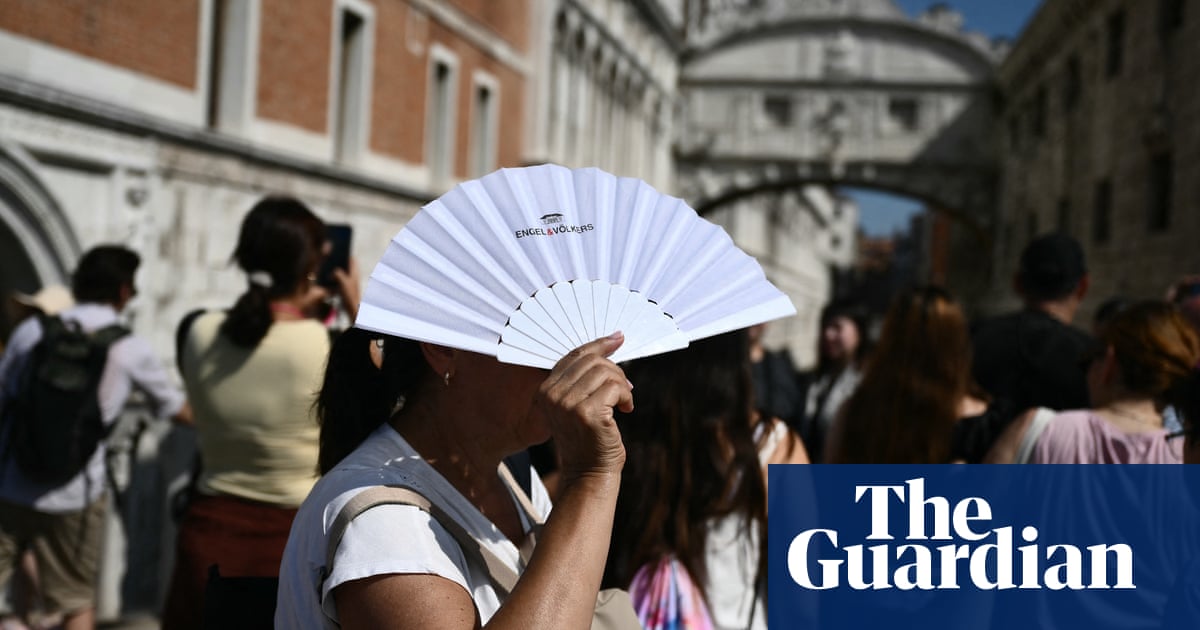Study Links 1,500 Deaths in European Heat Wave to Climate Change
A recent study estimates that 1,500 deaths during a severe European heatwave were caused by fossil fuel emissions, significantly impacting older adults.
Subscribe to unlock this story
We really don't like cutting you off, but you've reached your monthly limit. At just $5/month, subscriptions are how we keep this project going. Start your free 7-day trial today!
Get StartedHave an account? Sign in
Overview
- A severe heatwave in 12 European cities resulted in approximately 2,300 heat-related deaths, with 1,500 attributed to climate change.
- The burning of fossil fuels was linked to nearly two-thirds of the 1,500 deaths, underscoring the impact of human activity on climate.
- Over 1,100 of those who died were aged 75 or older, indicating that extreme heat disproportionately affects older populations.
- The study, conducted by an international team of scientists, is not yet peer-reviewed but highlights the dangers of climate change.
- Research shows that extreme heat deaths are increasing due to global warming, with individuals over 65 accounting for 88% of excess deaths during the heatwave.
Report issue

Read both sides in 5 minutes each day
Analysis
Center-leaning sources frame the narrative around climate change's direct impact on human health, emphasizing the link between fossil fuel consumption and increased mortality. They exhibit a critical perspective on climate inaction, highlighting the urgency of addressing environmental issues while acknowledging the study's preliminary status, suggesting a cautious yet assertive stance on climate accountability.
Articles (4)
Center (2)
FAQ
The study used peer-reviewed rapid attribution techniques to analyze weather data and estimate the number of deaths caused by the added heat from fossil fuel emissions, comparing actual temperatures to those in a world without human-caused global warming.
Older adults, particularly those 75 and older, are more vulnerable to extreme heat due to factors like preexisting health conditions, reduced ability to regulate body temperature, and higher exposure to heat-related complications, with over 1,100 of the 1,500 climate change-attributed deaths being in this age group.
This study is the first rapid attribution analysis to directly connect fossil fuel emissions to heatwave deaths soon after the event, providing timely evidence of climate change's deadly impact rather than waiting for longer, traditional peer-reviewed studies.
Burning fossil fuels made the heatwave temperatures up to 4°C hotter across Europe, significantly increasing the death toll during the period from June 23 to July 2, 2025.
The study warns that if fossil fuel consumption and related emissions continue unabated, the frequency and severity of deadly heatwaves will increase, causing more deaths and disproportionately impacting vulnerable populations, such as the elderly.
History
- This story does not have any previous versions.


